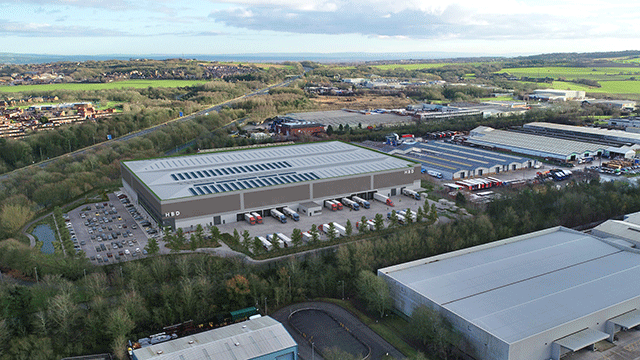Sale of land – Purchase price – Construction of sale agreement – Site of sewage treatment works sold for construction of airport terminal – Price payable by appellant purchasers to respondent vendor to include additional costs of running replacement works – Independent expert to determine “bases of operation” of old and new works – Judge holding one-off determination required – Whether effect on running costs of future changes in legislation to be left open for review – Appeal dismissed
By a 1993 agreement, the respondent agreed to sell 250 acres of land to the appellant for the construction of the new terminal 5 at Heathrow airport. The appellant agreed to pay £3m for the land and to replace the existing sewage treatment operated by the respondent. It also agreed to contribute to the additional costs of running the replacement works for a period of 30 years from the date of the handover. Those costs were to be calculated following a determination of the bases on which the existing works would have been operated, and the replacement works would be operated, during the relevant period. The new treatment works were handed over in June 2006.
The parties failed to agree the “bases of operation” and sought a determination by a sewerage expert under the terms of the contract. They referred to the court, under CPR 8, a question as to the role of the expert. The respondent contended that, to determine the bases of operation of the old sewage treatment works, the expert should make a one-off determination of all matters relevant to how those works would have been operated had they continued to exist. The appellant argued that the hypothetical running costs of the old works would need to take into account any changes in legislation or regulation that might have made the running of those works more expensive. They accordingly sought to distinguish between “bases of operation” and “modes of operation”, arguing that the expert had to make a one-off determination of the former, which covered matters of broad principle, but could leave open for subsequent review the hypothetical “mode” of operation to take account of future events.
Finding in favour of the respondent, the judge held that any distinction between “basis” and “mode” of operation was illusory and that the parties could not have intended the expert to be prevented from considering the mode of operating the works when dealing with the basis on which those works would notionally have operated: see [2009] EWHC 407 (Comm); [2009] PLSCS 176. The appellant appealed.
Held: The appeal was dismissed.
It would be an inappropriately difficult task for the expert to disregard the mode of operation of the works when assessing the basis on which they would have been operated. The basis of an operation included the manner or mode in which that operation was conducted, and to omit it would be to disregard an important, if not the most important, element. Moreover, any requirement for the expert to make such a distinction would give rise to a detailed and unnecessary dispute as to whether certain matters were matters of raw principle or part of the mode of operation. The question suggested by the appellant to come within the “mode” of operation, that of how the respondent would have responded to changing circumstances and whether it would have complied with future legislation or regulations, was of a kind that an expert was not intended to decide.
Moreover, the contract contemplated a final, once-and-for-all determination by the sewage expert, whereas the appellant’s contentions presupposed that the detailed mode of operation was to be determined on a periodic or even annual basis to take account of future changes in the law. Any such determination would have to be by a solicitor under the disputes clause of the contract, which was an unlikely intention to impute to the parties given that a solicitor was not a particularly apt tribunal to decide notional modes of operation of sewage works. The possibility of such future disputes would also undermine the intended finality of the expert’s opinion.
Although it might not be easy for the expert to assess the mode of operation of the old works, that was what the parties had expected him to do, and it was something that a skilled expert should be able to do. The exercise was one of prediction; although some parts of that prediction could be wrong, the parties must have contemplated that possibility when they agreed to ask the expert to perform the exercise, and it was not a reason to construe the contract differently.
Richard Wilmot-Smith QC (instructed by Steptoe & Johnson) appeared for the appellant; John McCaughran QC (instructed by Ashurst LLP) appeared for the respondent.
Sally Dobson, barrister








